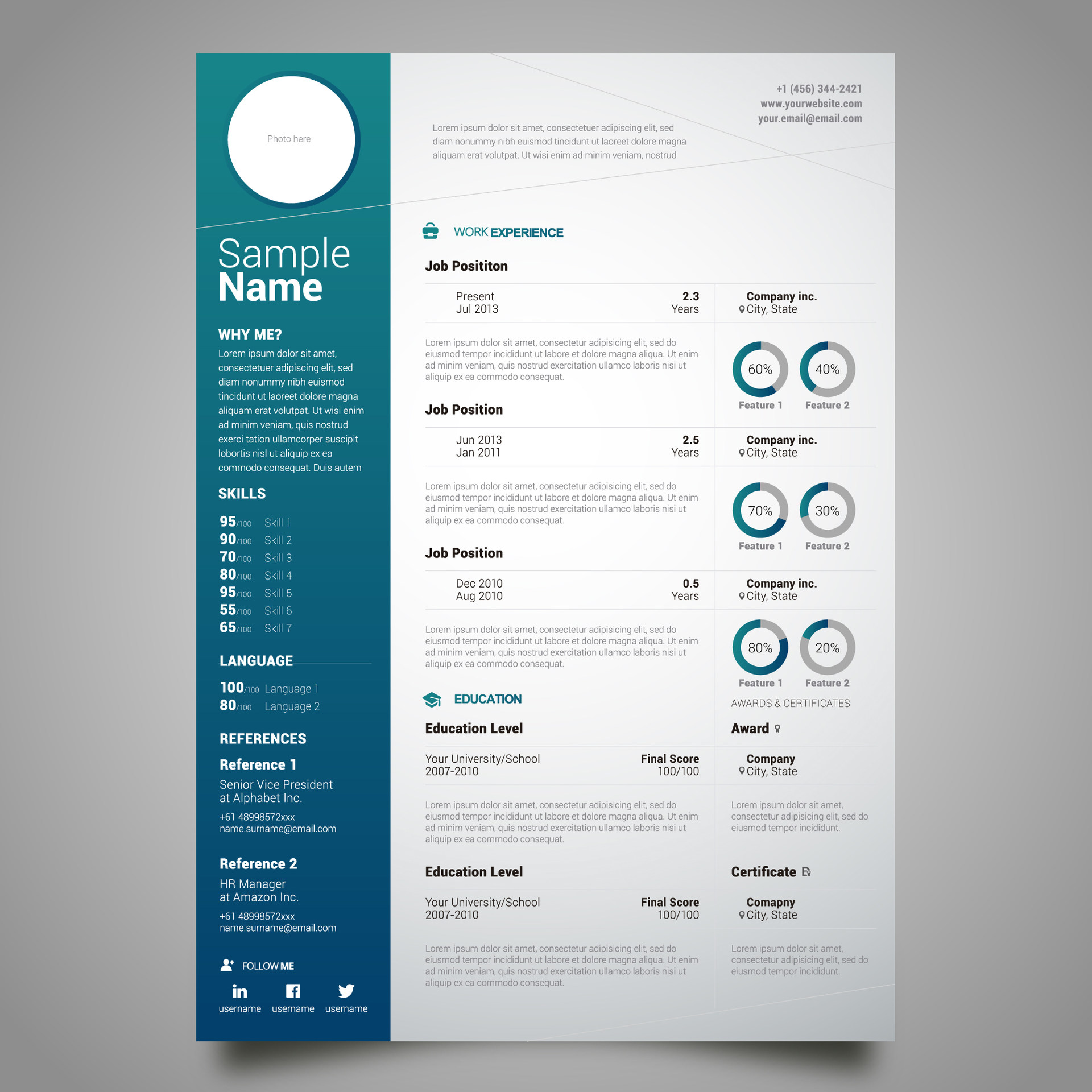Karrier- és Hallgatói Szolgáltatóközpont
CV – bloopers
 Based on your CV, you form a first impression of yourself on the employer. There is no mumbo jumbo here, it has to be perfect, because it is a marketing material. Its purpose is to get a face-to-face meeting with the future employer. Let’s see what is worth paying attention:
Based on your CV, you form a first impression of yourself on the employer. There is no mumbo jumbo here, it has to be perfect, because it is a marketing material. Its purpose is to get a face-to-face meeting with the future employer. Let’s see what is worth paying attention:
1. Orthography
The most basic requirement is that there are no spelling mistakes or typos in your CV. You may have checked and polished it so many times that you simply overlook the errors, because you are reading what you originally intended to write. Ask someone to read your CV. It can help you avoid the unpleasant situation of describing yourself as “acrcuate an precise” employee.
2. Photo
Should I have a photo or not? If the company indicated the need for a CV with photo, then by all means. In the other case, it is a matter of personal judgment. For certain positions, good looks may be an advantage (for example, a bank front office employee). If you decide to include the photo, there are a few things to keep in mind:
- Vacation photos, party photos and the like are on the banned list
- Photos cut out from another photo or poor-quality photos are also to be avoided
- A nice, professional ID-type photo can be a good choice
- If you wear dark clothes in the photo, then the photo is taken on a light background, if you are in light clothes, then the background is obviously dark
- Strong, provocative jewel and clothing in the photo is not recommended
- We are looking at the camera
- Head and shoulders only in the photos
3. Structure, transparency
It depends on the position, but it is not at all uncommon for hundreds of CVs to be received for a job advertisement. Make it easy for the reader to find the information he is looking for in your CV – even within a few seconds. The document should therefore be clearly legible and structured. Highlight the essence with formatting, keeping in mind the principle of less is more. The point can easily be lost due to too much highlighting. For easier readability use capital letters, e.g. Times New Roman; the text should be left-aligned and do not use a font size smaller than 10.
4. Quantity and quality of information
In connection with the previous point, it is also considered a mistake if a CV is too long-winded. Include only the essential information, but completely. What is considered essential? Which may be relevant to the position or company you are applying for. A common error in the presentation of professional experience is, for example, that the applicant does not indicate what his/her tasks were in previous positions. The other extreme is when the applicant also details his/her primary school education, which is of course completely unnecessary. The length of the CV should not exceed 2 A4 pages.
5. “Creative CVs”
Let’s be careful with them. Everyone wants to stand out from the crowd of applicants in some way, but a kitschy, over-the-top CV is far from the best solution. You get their attention for sure, but more as a deterrent than a potential colleague. Of course, stylish, imaginative and original creative CVs have a right to exist. It all depends on the position you are applying for. You may succeed if you apply to be a graphic designer, for example, but if you are planning on applying for the controller job of your dreams, consider formatting.
6. Skills and competences
It is surprising how many applicants list skills on their CV that they do not even possess. It is embarrassing when a candidate describes his/her unparalleled communication skills in the CV and then barely dares to say something during the personal interview. Indicate our real abilities, not those that we think are trendy or appropriate, but we don’t have at all. It’s a time when you need to know yourself.
7. Actuality
We need to keep updating our CV. Always choose the information you want to share about yourself based on the requirements of the job you are applying for. That means we will be adjusting our CV for each position we apply for.
8. Honesty
It is not worth exaggerating at all, a failure is guaranteed with a routine HR. For example:
- Linguistic skills, level of language proficiency: you will be asked questions in a foreign language at the interview
- Results, qualifications: they just ask for your certificates
- Work experience: they ask for a reference or a specific situation as an example during the interview and it soon becomes clear if the information in the CV is not real
If you are still unsure about the quality of your CV after the points above, feel free to send it to us at the following e-mail address:


